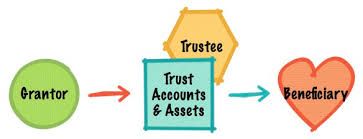The Estate

When a person’s estate must be probated or administered through the Chancery Court, the Decedent’s life can be opened up for the world to see. The basic purpose of probate is to: (1) gather assets; (2) locate beneficiaries or heirs; (3) notify creditors; (4) pay creditors; and (5) distribute assets to heirs. This is the legal side of an estate.
There is another part of an estate that is more spiritual, or personal, in nature. This aspect reveals the more intimate facets of the Decedent’s life. The personal side must be handled with great care, reverence and love.
Through the probate process, the positives and victories in the person’s life are seen along with the negatives, failures and problems. Next to domestic cases, such as divorce and custody matters, estates generate the most emotion among participants. During this time, the best in families will shine through and, sadly, the worst shows as well. For example, a Decedent may own a bank account jointly with one child expecting that the funds will be divided equally among all the children. By law, the joint account goes to the surviving owner and is that person’s separate property. The joint owner is not under a legal duty to share it with anyone. The best is when they do, and the worst is when they refuse.
Old wounds, long buried, may now rise to the top. The sibling rivalries, wrongs of the past—real or imagined—and old disagreements resurface and may have to be resolved in the estate. Many of the problems relate to sentimental value placed upon various assets, usually not of high monetary value, but of deep, personal value to the Decedent and children. Heated arguments may arise over who gets Mama’s rocking chair.
If the Decedent had prepared a Personal Property Memorandum listing items and their recipients, many of these fights could have been avoided. Often in estates, feelings get hurt which may negatively affect their family relationships forever. A detailed Personal Property Memorandum can reduce the chances of family arguments.
In an estate, the most emphasis is on the legal issues of the estate, but the personal aspect may have the greatest impact on the families and this should be handled with great care and reverence for the deceased.
Richard Young












